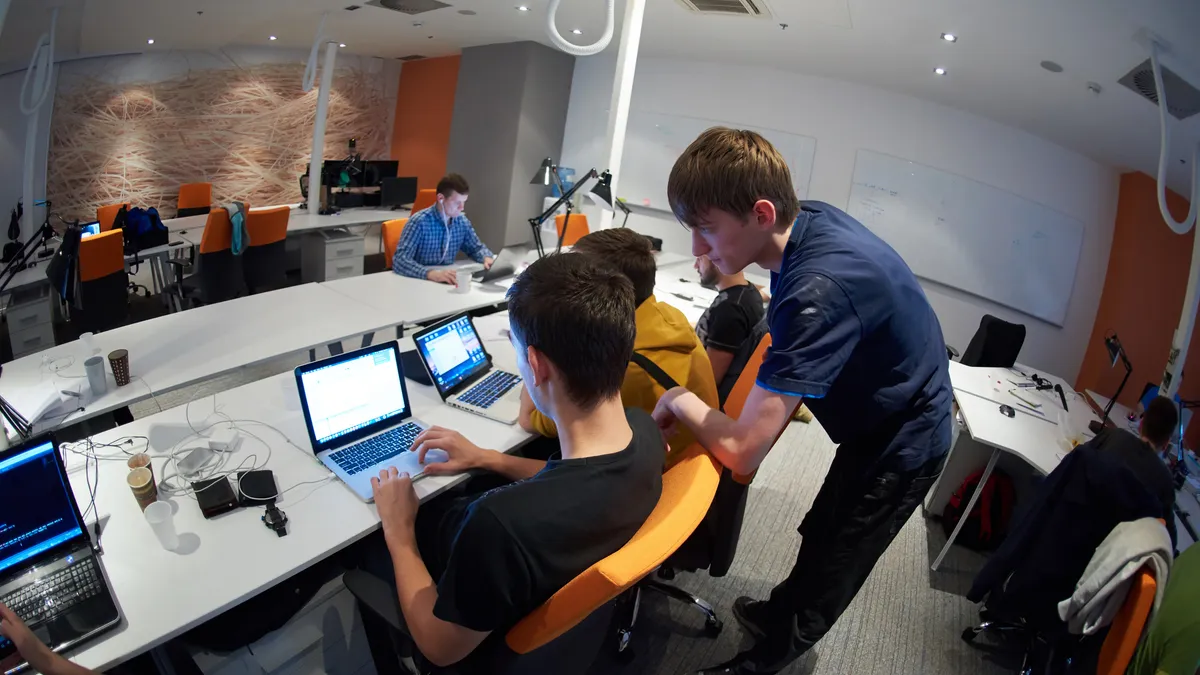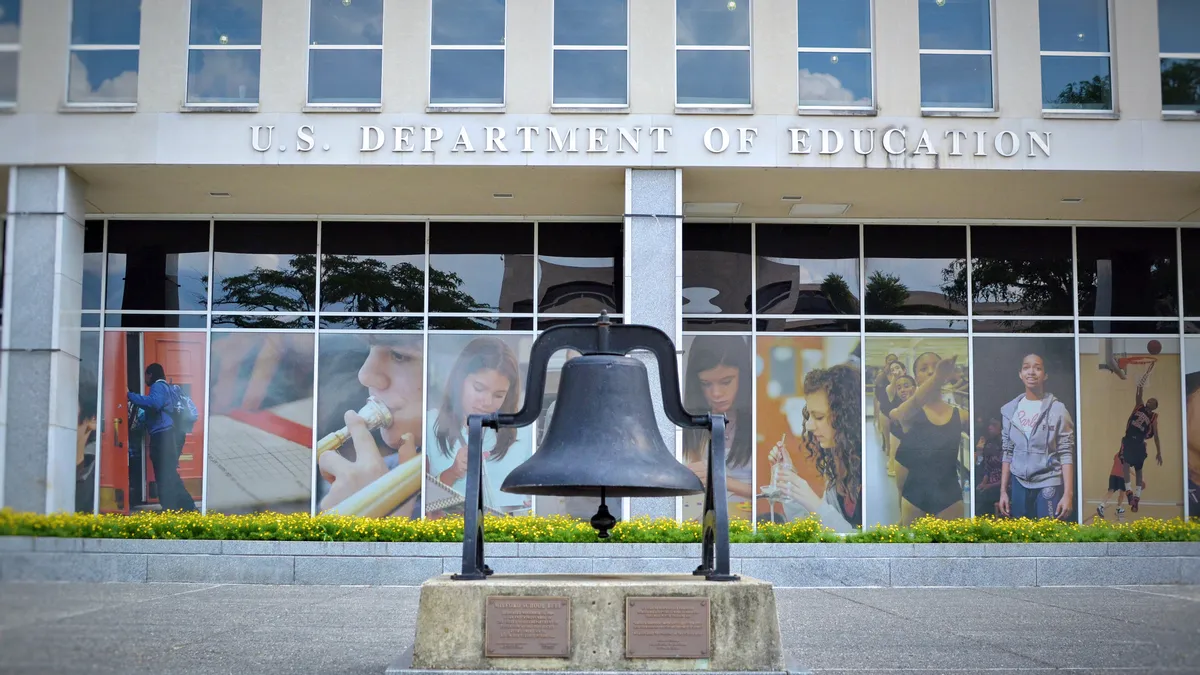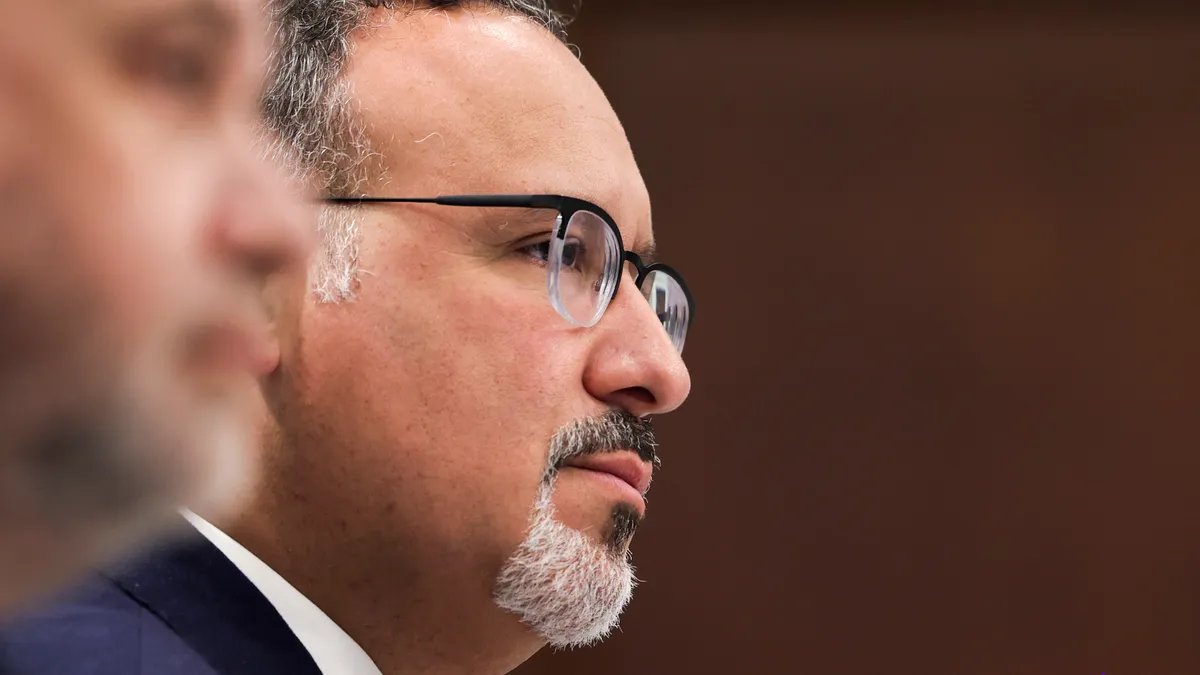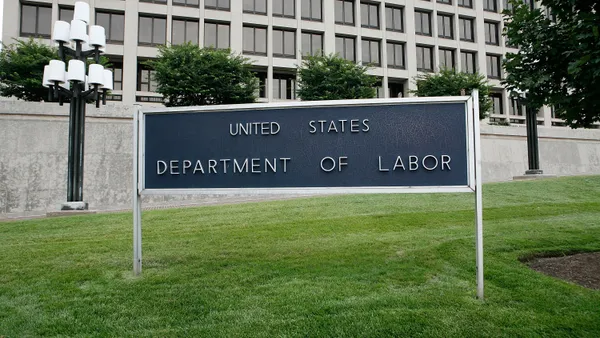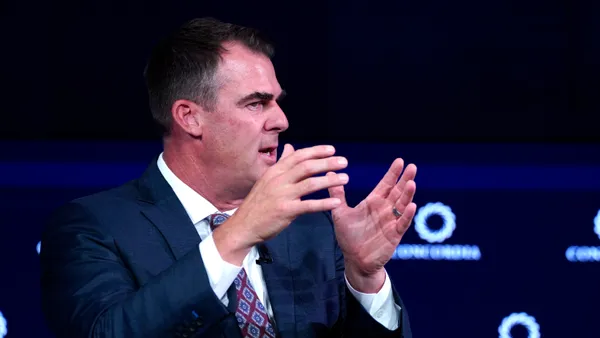Dive Brief:
- As the debate over the direction of higher education shifts between calls for emphasizing student learning in either hard or soft skills, a new report from the Strada Institute and labor market analytics firm Emsi contends liberal arts students need both — and more.
- The report says students need a mix of technical and human skills and that it's the role of colleges and universities to help students identify what combination they need. The study used data from more than 100 million social and professional profiles and resumes as well as more than 36 million job postings.
- Leadership, communications and problem-solving are among the most-needed skills in the job market, and liberal arts graduates can add value to their workplaces by combining them with basic technology skills such as data analysis and digital fluency. The report notes there is "discernible labor market demand" for such workers.
Dive Insight:
The spiraling debate about whether colleges are appropriately providing graduates with the skills they need for the job market has spun out a variety of suggestions and criticisms — some blaming higher education, some suggesting the responsibility should be shared and at least one report finding the claims may be overstated.
Recommendations published last month from the Education Commission of the States called for higher education to do a better job of collaborating with employers and using data to align curriculum with workforce needs. In addition, a study released in May from Learning House based on a survey of some 600 human resources professionals, indicated that half believed colleges are not preparing students for work and one third felt higher education was responsible for doing so. Hundreds of jobs are going unfilled at a majority of the companies surveyed, yet the report found most firms are spending just $500 per employee on training and development.
A recent report from staffing firm ManpowerGroup indicated that nearly half (46%) of U.S. employers say they're having trouble filling jobs, due primarily to a lack of applicants and a gap in required skills among them. Among companies with 250 or more employees, 58% reported having such hiring problems.
However, at a U.S. Chamber of Commerce conference on the topic last week in Washington, D.C., experts noted the problem doesn't solely rest on colleges to solve. They called for more work across the spectrum, including more thoughtful early-childhood education and increased employee efforts to provide workers with training so they can advance and succeed.
Meanwhile, a review of the research by Chalkbeat in May suggested data about the job-skills gap has perhaps been misinterpreted and the problem overstated. "Dig into these claims about our changing economy, though, and you end up knee-deep in mixed messages and muddled statistics," Chalkbeat wrote.


